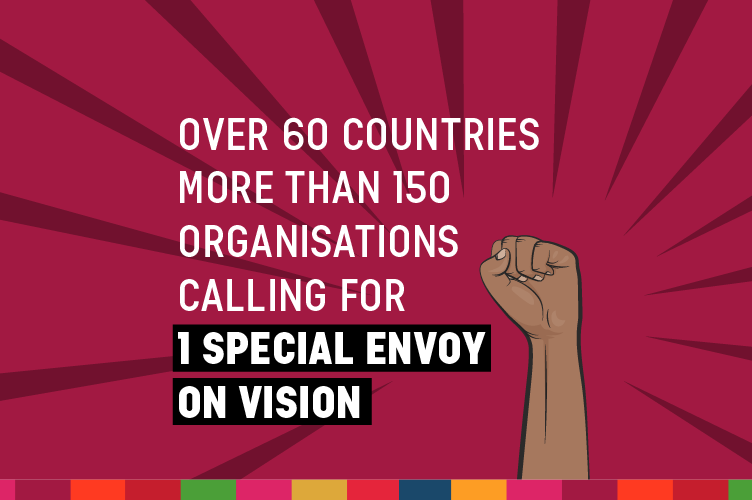CHALKEYES: Salaries - when aspiration should be reality
When it comes to salaries it is impossible to keep everyone happy. The recent controversy regarding optometrists’ salaries in New Zealand, triggered by a research report into salaries and the interpretation of the findings (see Chalkeyes, August 2023), demonstrates both sides of the story. However, I believe the topic is bigger and more multi-faceted than simply how much the median optometrist’s salary is in New Zealand – it’s also about what it should be.
Optometry vs other industries
As co-author of the salary report, one reason we had for keeping a high threshold for removing outliers (and thus not removing the higher salary reports of $200k, which resulted in most of the controversy) is because I felt the reported maximum of $200k a year was not unrealistic. I personally believe the salary report’s peak median finding of approximately $120-130k is too low for someone with 20 years’ experience.
The 2023 Robert Half salary guide shows that a senior financial business analyst (with 5-7 years’ experience) and a commercial manager (with 5-10 years’ experience) earn between $180k and $240k, making them part of the upper 75th percentile of earners in Aotearoa¹. In the IT industry, the guide shows a principal developer/senior IT engineer and a software development manager (with around 7-10 years’ experience) earn about $180k-$230k¹. In the most recent nurse's collective agreement, the top rate reported for a nurse in a public hospital was $160k. There is general acceptance that public hospital salaries are lower than in the private sector, yet this shows a public sector nurse can earn more than an optometrist in private practice.
Given optometry’s five-year degree is longer than most professional qualifications, we can manage patients (and treat diseases) independently and we have more serious responsibilities than other professions (such as identifying brain tumours and retinal detachments vs making sure people pay the right amount of tax on time), $120k a year simply seems too low to me for an experienced optometrist’s salary.
Optometry’s lack of salary adjustment
I recently attended Snowvision and another delegate mentioned to me the maximum optometrist’s salary was around $100k 20 years ago. If I use the Reserve Bank’s wage-specific calculator, that equates to $190k in today’s money – similar to that of the professions mentioned above. Another piece of anecdotal evidence shows salaries for new graduates haven’t changed in more than 10 years. The minimum new graduate rate reported last year was approximately $65k; the same as when I graduated in 2011! Again, if you use the Reserve Bank's wage calculator this should be closer to $100k. But if you take that figure and then compare it with the $120k median salary we uncovered, it doesn’t seem right there should be just $20k difference between a new graduate and someone with 20 years’ experience!
Other factors affecting salaries, and potential remedies
There are multiple factors holding a New Zealand optometrist’s salary down: the retail aspect of optometry is still too dominant and there appears to be a lack of respect for the profession by both the public and ourselves (we are our own worst enemy by not respecting our skills); and the value of professional services isn’t associated with optometry compared to other service-based jobs, such as electricians, lawyers and accountants.
Normally, in a profession, upskilling leads to higher salaries; however, this does not appear to be the case with optometry. Many optometrists have upskilled with glaucoma credentialing, myopia and dry eye, or completed micro-credentialling courses, such as ACO’s, but this appears to have minimal effect on salaries.
One method of increasing our professional standing, respecting ourselves and our peers and demonstrating that respect in public, could be to adopt the use of ‘Dr’ as a courtesy title – legally allowed in New Zealand² when paired with the word ‘optometry’ or ‘optometrist’. Research shows the title confers additional expertise, increasing patients’ willingness to pay more for the practitioner’s time². The use of it could help justify fee increases, in turn increasing staff wages and salaries.
Future salary surveys
The work behind the inaugural salary report was triggered by a lack of transparency in New Zealand about optometry salaries. Ideally professional associations, such as the New Zealand Association of Optometrists (NZAO), should compile salary guides for the industry. NZAO’s close cousin, the Association of Dispensing Opticians of New Zealand, conducts an annual wage survey as do other related associations, such as those representing dentists. So why not optometry?
I have received positive feedback, constructive criticism and some suggestions for improving future studies, so we are planning to repeat the survey next year. Despite the wishes of some to keep this to ‘employed’ optometry staff only, we will be including practice directors’ salaries again, with a request that respondents state whether they believe their director’s salary is on par with the market rate or not.
Let’s not continue being our own worst enemy and instead help the profession by improving transparency and discussion around our salaries, so we can progress to be on a par with overseas colleagues and other professions.
References
- Robert Half, 2023 Salary Guide www.roberthalf.co.nz/salary-guide/home
- Ng, RJ, & Martis RM (2022). Benefits of adopting the courtesy title ‘Doctor’ by optometrists in New Zealand. Clin Exp Opto. 105(1), 77-79.

Robert Ng is a co-director of Frith and Laird Optometrists in Auckland and a part-time teaching fellow at the School of Optometry and Vision Science at the University of Auckland.



























